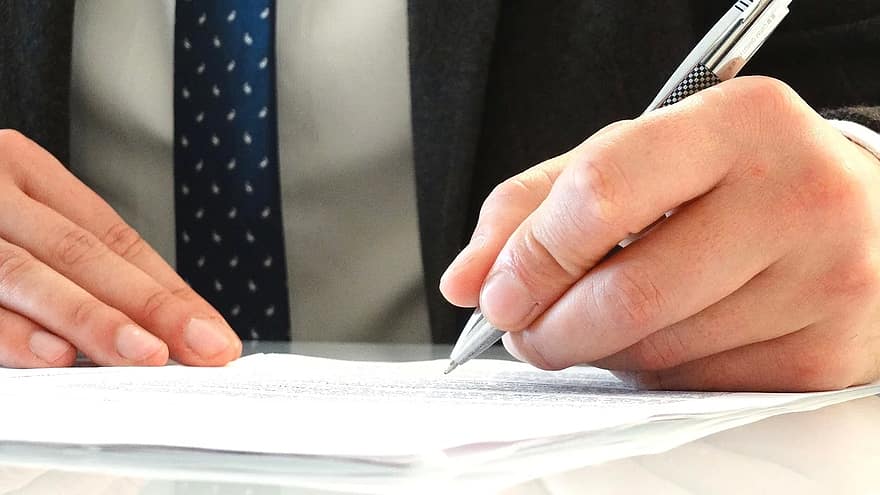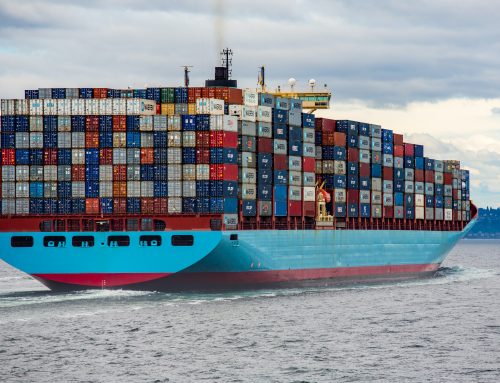Last year, Customs and Border Protection (CBP) proposed a rule to bolster the process of verifying importers that operate in the US. As described by CBP, the “Customs Broker Verification of an Importer’s Identity” rule will amend CBP regulations to require certain information from importers so that brokers can verify their identities — including non-resident importers as well.
This would be enacted in the form of an amendment to the Trade Facilitation and Trade Enforcement Act of 2015. Previously, TFTEA provided general guidelines for how customs brokers can validate the identity of an importer. These guidelines include directives such as:
1- Review personal identification such as a driver’s license or passport.
2- Cross-check the business registration online and with State authorities.
3- Verify the business’s trade or fictitious names that might appear on the POA.
4- Make note of things such as importer name and number, Employer Identification Number, and verify if it matches the information in ACE.
5- Check if the importer is a restricted person by the US Government.

In the proposal from last August, CBP explains their reasons for perhaps wanting additional information from importers:
“Since the collection and verification of any additional information from the importer is voluntary, certain brokers do not require any additional information.
As a result, an atmosphere of “broker shopping” has been created where an importer that does not wish to provide this additional information might refuse to provide the information to one broker in the hopes that another broker will not ask for that information.
If the second broker does not request the additional information, that broker, with minimal knowledge about the importer, transacts customs business on the importer’s behalf leading to the possible use of shell or shelf companies, revenue loss, increased security risks with the goods being imported into the United States, and an uneven playing field for brokers.”
In a piece in American Shipper Magazine, regulatory journalist Chris Gillis explains that the National Customs Brokers and Forwarders Association of America (NCBFAA) have some reservations about the rule. In essence, the rule requires the broker to collect 12 unique data elements at the moment in which POA is received from the importer.
These data elements are as follows:
- Importer name and date of birth for individuals
- Trade name and grantor’s date of birth for partnerships and corporations
- Address
- Phone number
- Email address
- Business website
- IRS number, employer identification number or importer of record number
- Business identification number, such as a data universal numbering system number
- Credit report
- Business registration and license with state authorities
- Grantor’s valid government-issued photo ID
- Grantor’s authorization to execute power of attorney on client’s behalf
It is estimated that the broker industry will need to spend over $22 million from 2019-2023 to ensure compliance. However, NCBFAA believes that this number is much higher. At the core: it is unlikely that the broker will be able to provide all of the required information at one given time, and unlikely as well as the provided info can be validated at once either.
If compliance is not met, the penalties may range all the way up to $10,000 per client or even a suspension of license. This would certainly take a toll on the importing industry in the U.S.
As of now, brokers have about 2 years to comply with the new rule. Teaming up with an experienced broker that can navigate the frameworks surrounding this new rule is integral to the success of the importer. To learn more about our expertise, you can contact us here.



